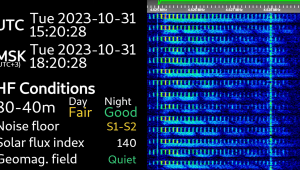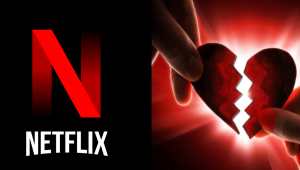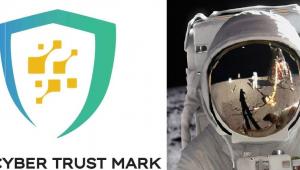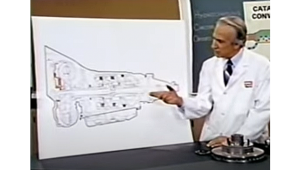"So, what does the future hold for 4K and OLED? Clearly, if a format war develops, consumers will sit on their wallets until a winner is announced or until the technologies merge." That's not a format war, I don't doubt that you know this, but 4K is, yes, a new format, but OLED is simply a new type of TV technology. They are not opposing formats. Unfortunately, because of that, I really don't see OLED surviving. As you pointed out, just because something is better quality, that does not mean that it will find a sustainable niche in the marketplace as the vast, VASY majority of consumers aren't going to shell out top dollar just to get the best quality. Hell, I consider myself a home theater aficionado, but even I don't get the top dollar plasma or receiver each time I upgrade. Even if OLED manages to get production down to obtainable levels, LCD is just always going to be that much cheaper. If KURO couldn't survive, I don't see how OLED can. (and I sure hope I'm wrong on that.)
4K, on the other hand, I do see that as becoming commonplace... for a while anyways. Of course you'll have those people that will say, "oh you can't even tell the difference" or "I don't NEED that" about ANY new format, but new formats are the top ways for studios and hardware manufacturers to make money and they will force a new format on us whether or not we necessarily want it. Now WHEN it becomes a new format, or even a survivable one, is a different story, but can you imagine TV technology 50 years from now STILL just being 1080P? Psshh... yeah, right. It's going to happen sooner or later. And if it's not 4K, it's going to be something else, but to me, I definitely think 4k is going to happen, and a big reason why is: it's in theaters already. The technology and the shift to move everything that way is already there. And when it comes to flat panel TVs, it's not exactly a paradigm shift to go from 2K to 4K.

































































